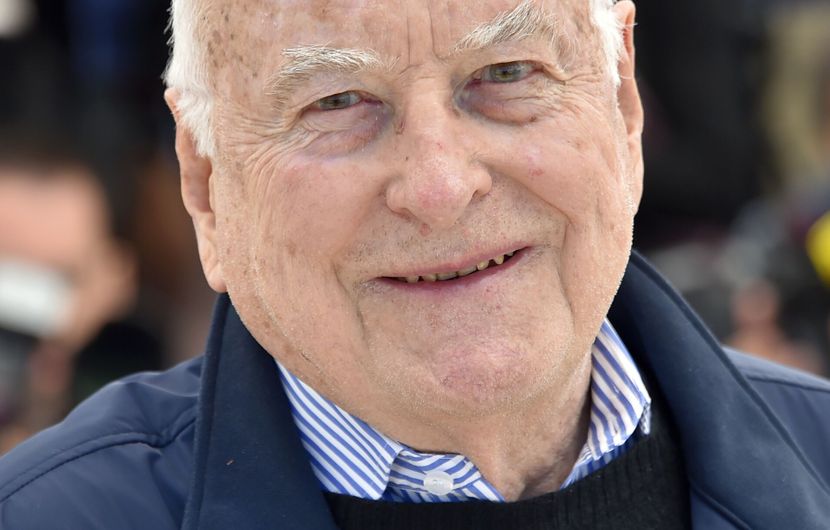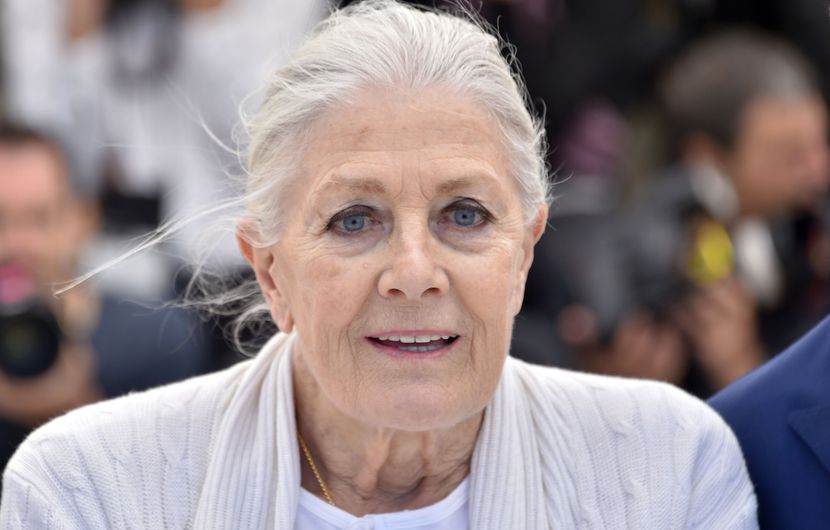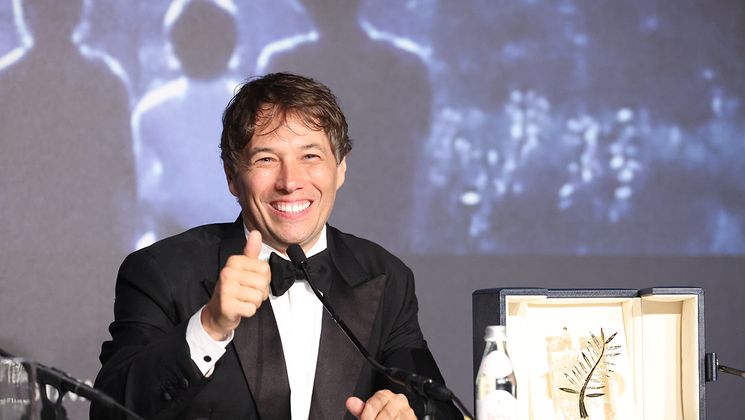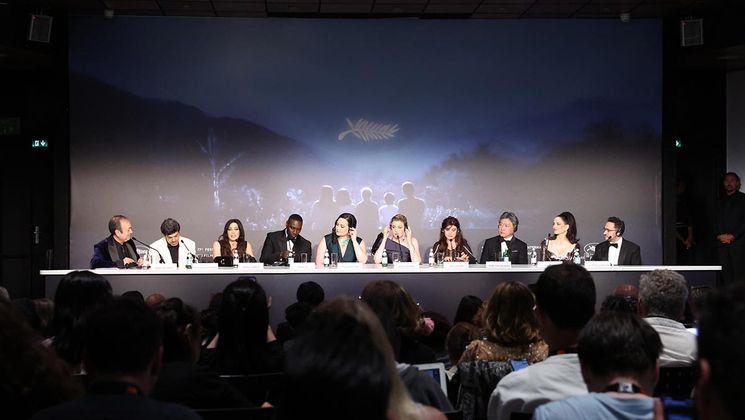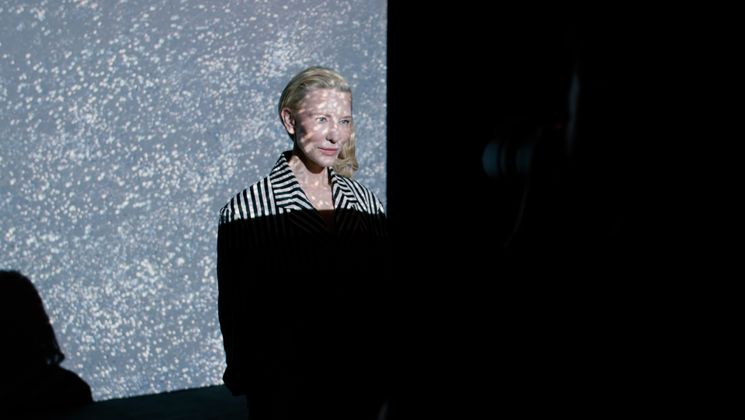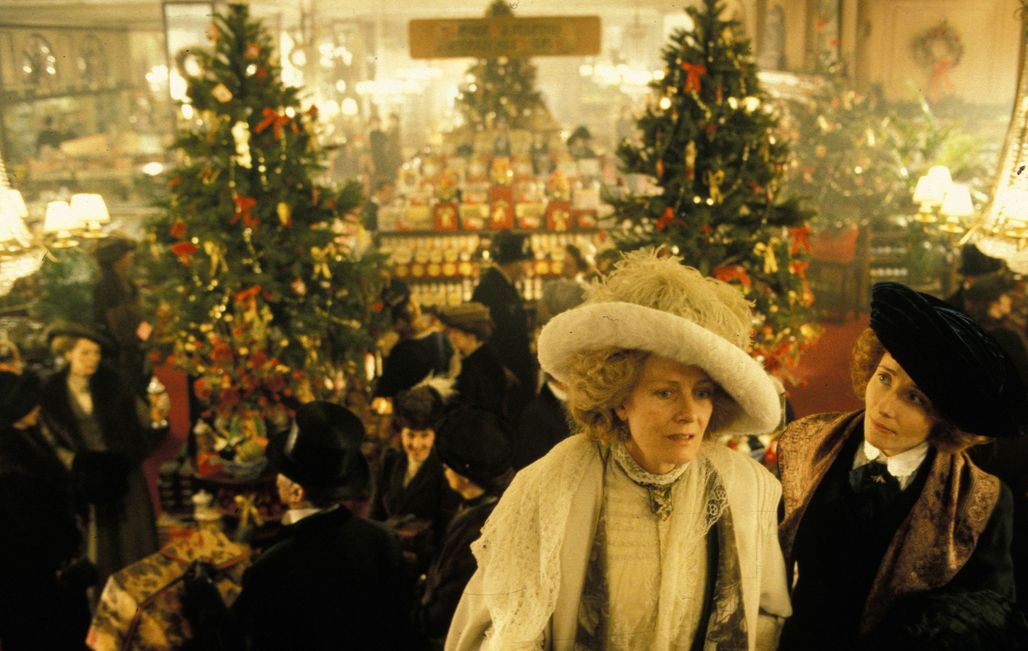
Howards End: a look back at Merchant-Ivory’s masterpiece

James Ivory - that most British of Americans - pays homage to an unspoiled and authentic England in Howards End, made in 1992 and winning the 45th Festival de Cannes Anniversary Prize the same year. Cannes Classics shows the copy of the film restored in 4K.
James Ivory was an In Competition choice at Cannes for the first time in 1979 with The Europeans, yet it was Quartet in 1981 that won Isabelle Adjani the award for Best Actress and made him a name to be reckoned with internationally. Following this success, he returned to the Croisette with Heat and Dust (1983), Howards End (1992), Jefferson in Paris (1995) and The Golden Bowl (2000).
Originally from the United States, James Ivory soon became interested in England and its culture and this was the common thread that would run through his filmography. In 1961, he and his associate, Ismail Merchant, founded the Merchant-Ivory production company. He became a trailblazer of the “heritage” genre that adhered to a certain nostalgic depiction of the traditional values enshrined by the middle and upper classes in southern England during the early years of the 20th century.
This is how Howards End came about – a bitter-sweet reflection on social mores adapted from the novel by the British author E.M. Forster – as A Room with a View (1986) and Maurice (1987) had been before it. James Ivory's treatment of the class relationships and changing times in Edwardian England bore the hallmark of his well-known sense of detail. It is remembered as one of the filmmaker's masterpieces, starring Helena Bonham Carter, Vanessa Redgrave, Anthony Hopkins and Emma Thompson, whose performance earned her an Oscar for best actress in 1993.
